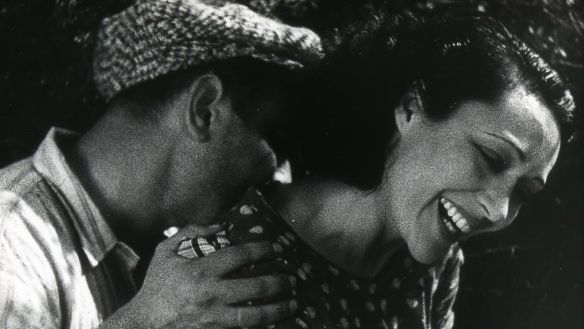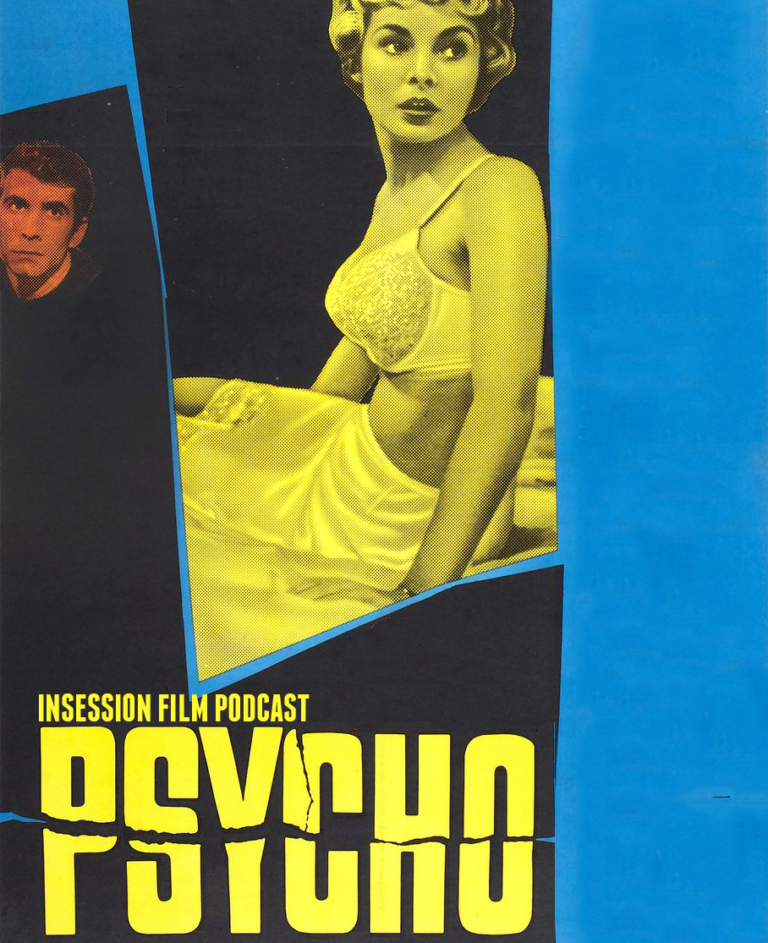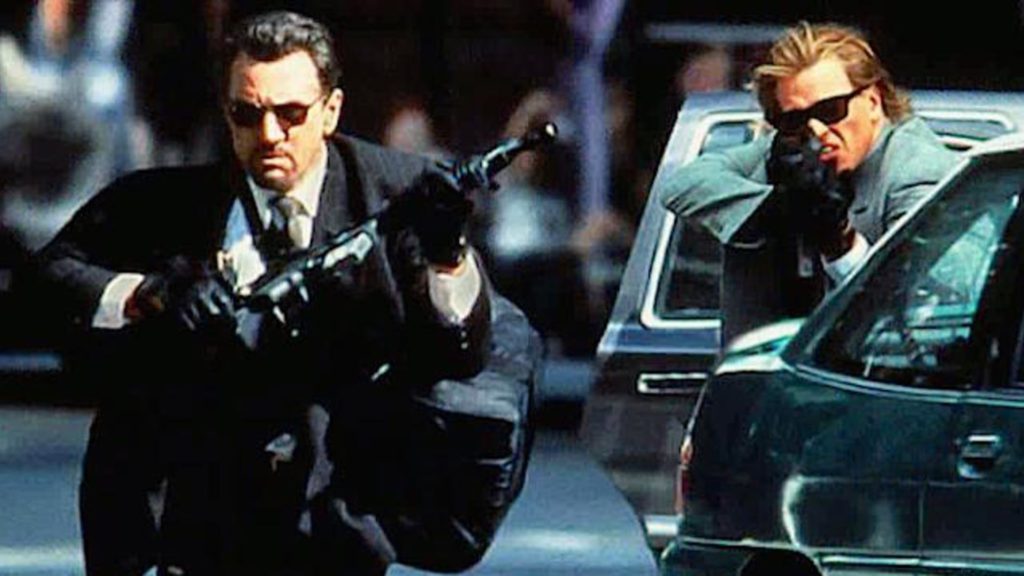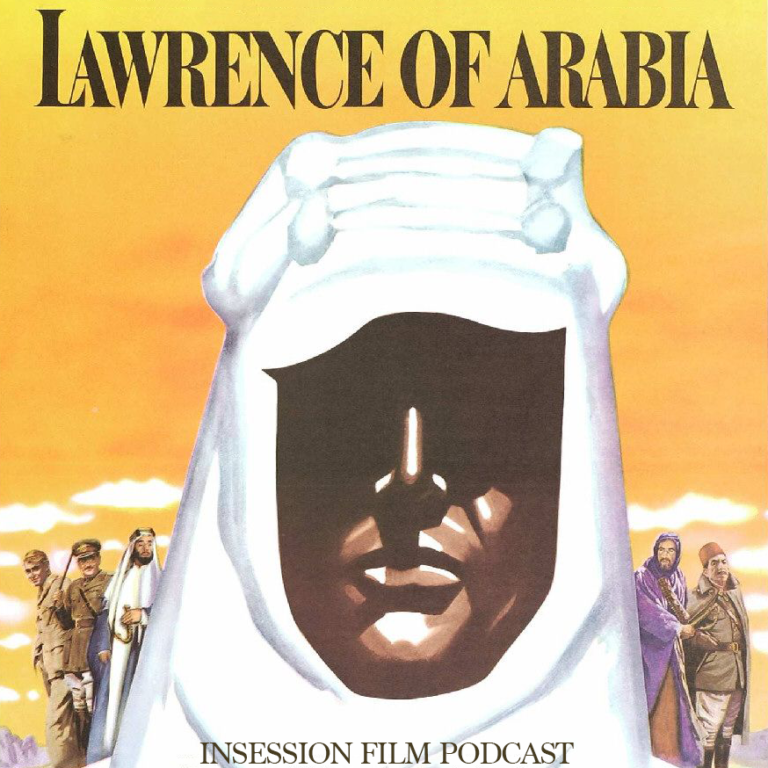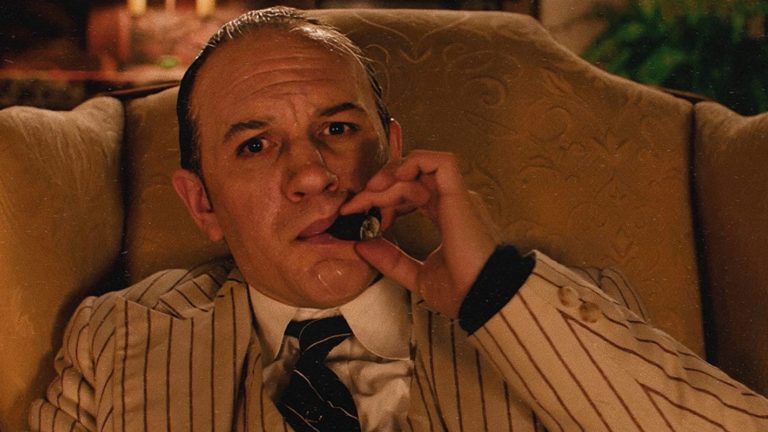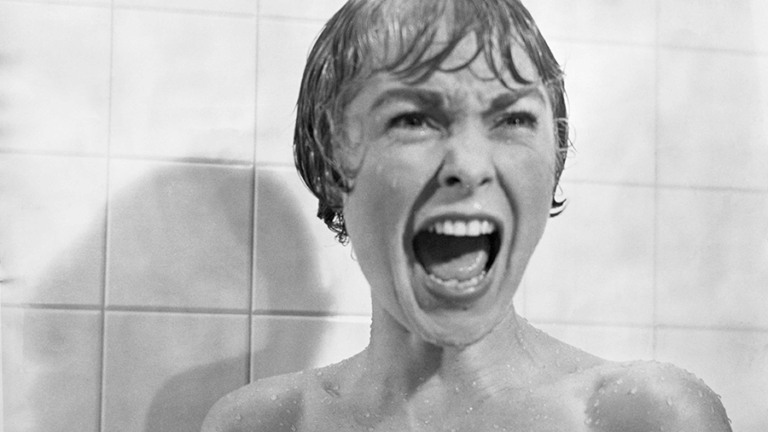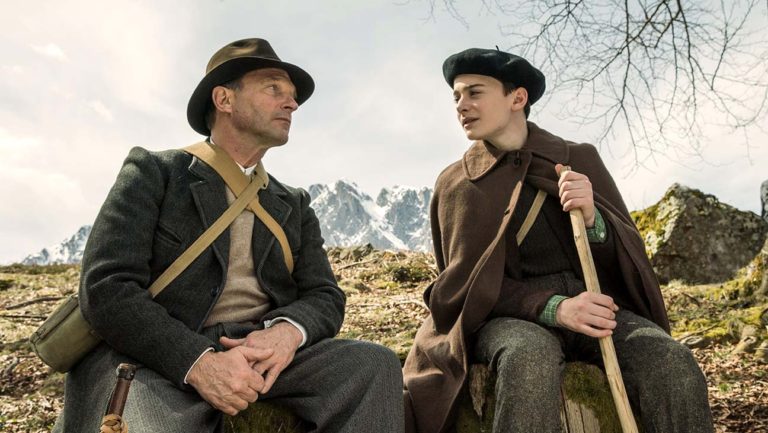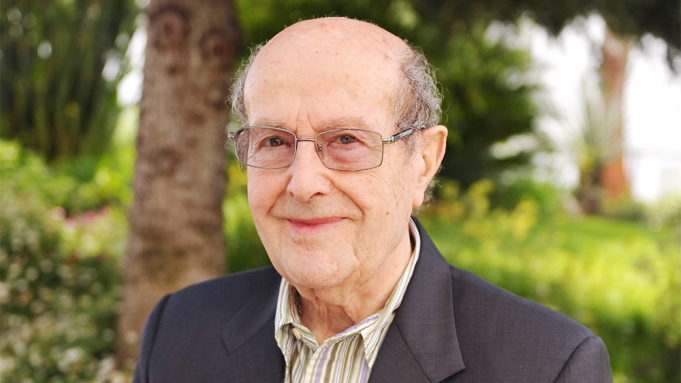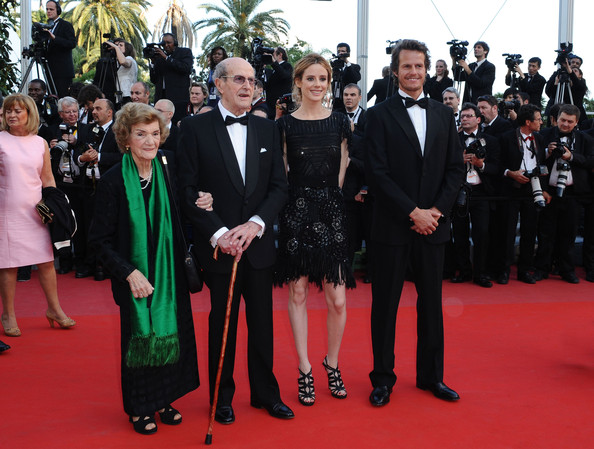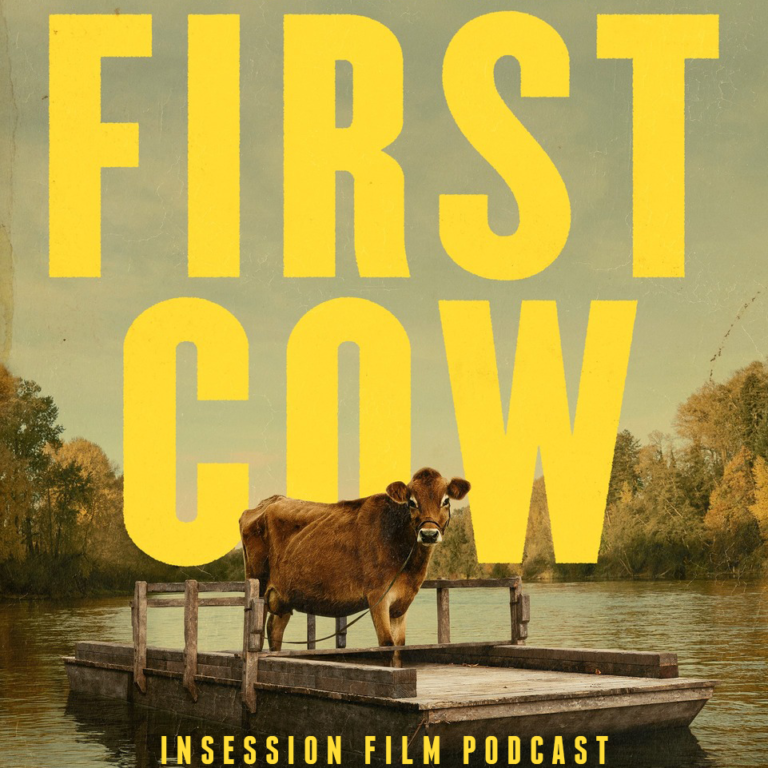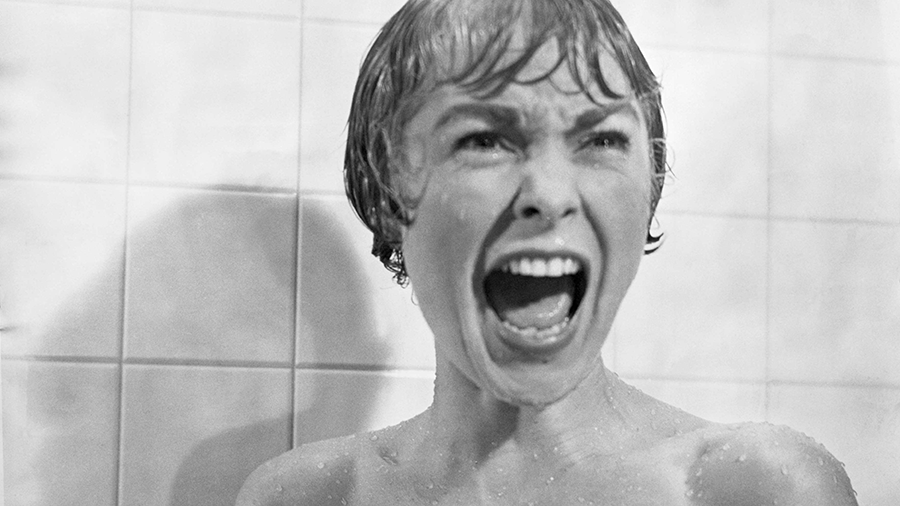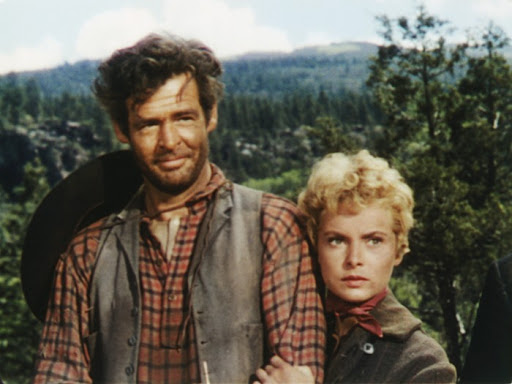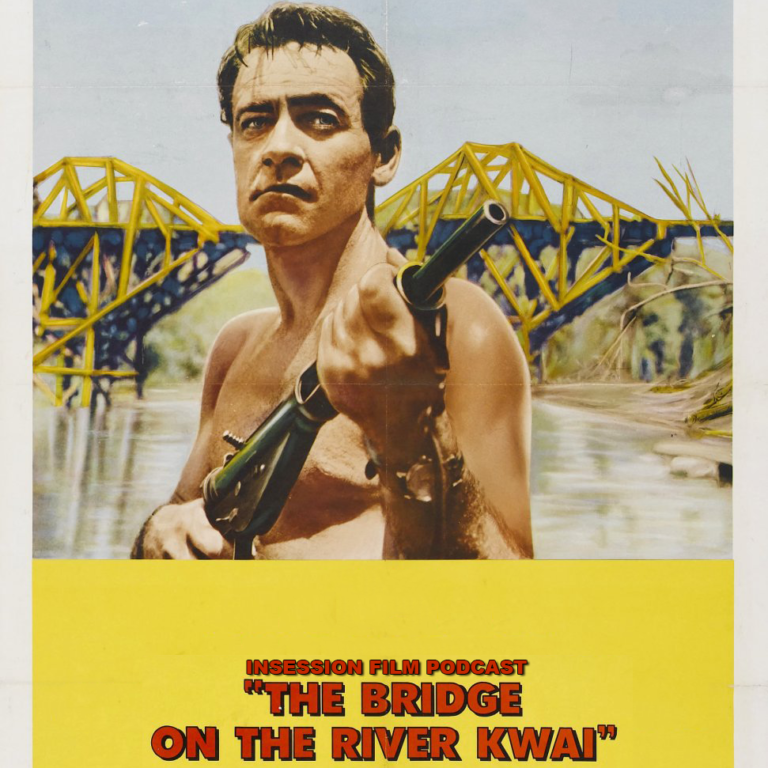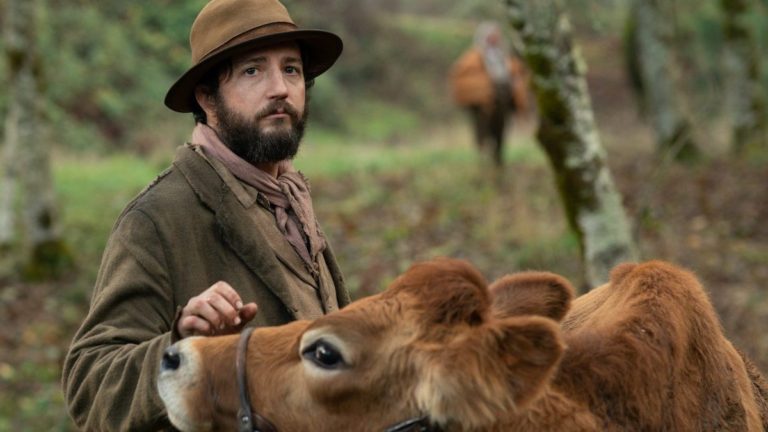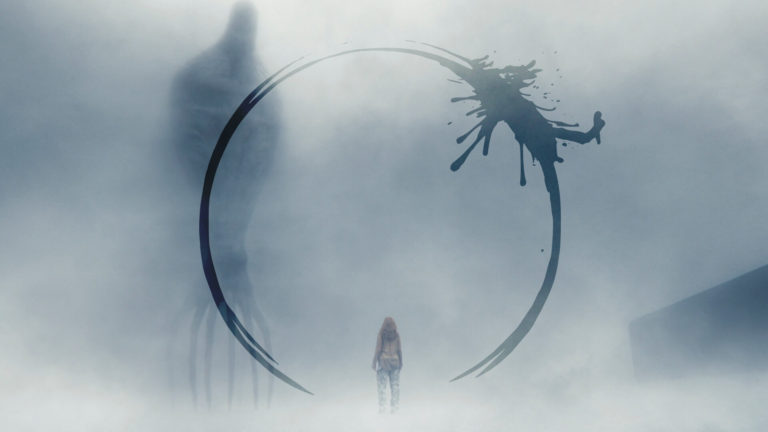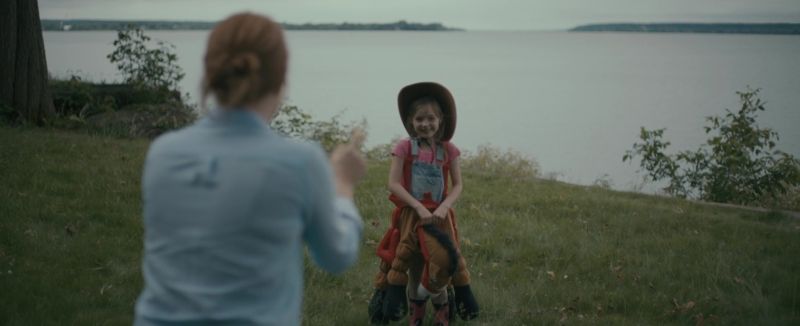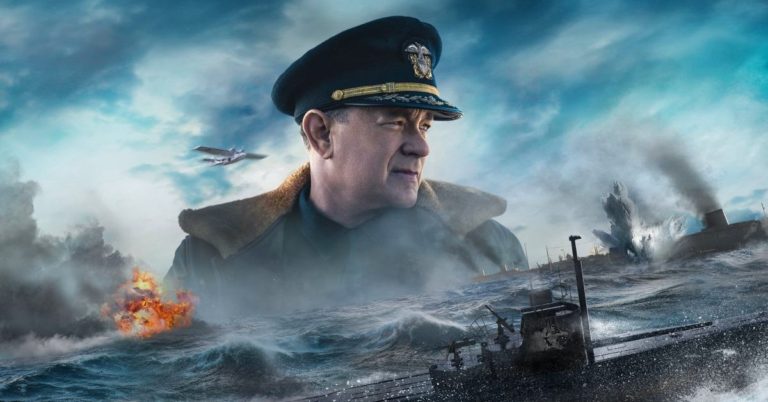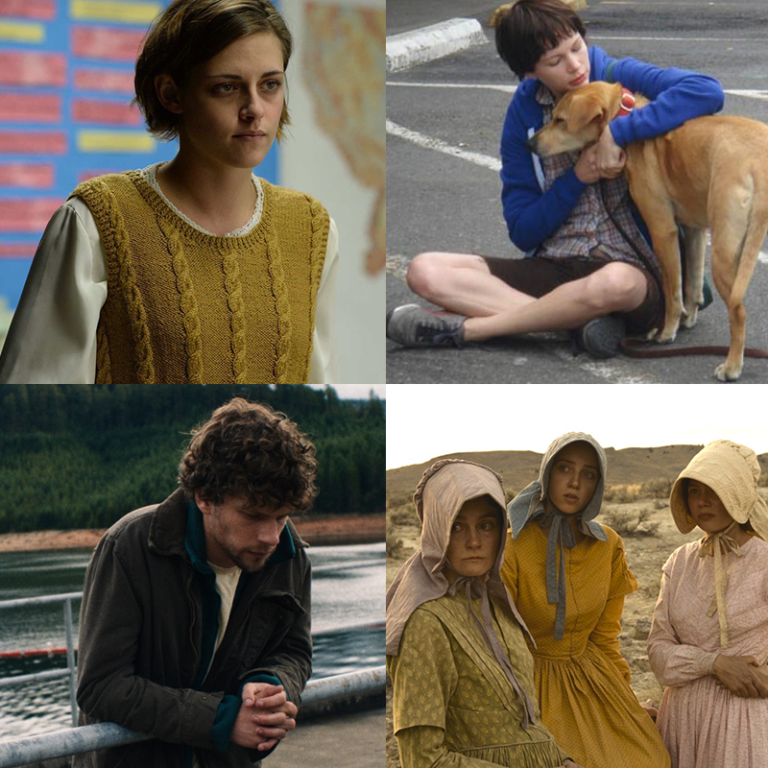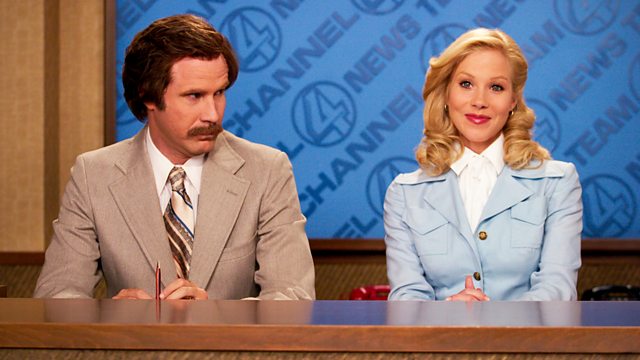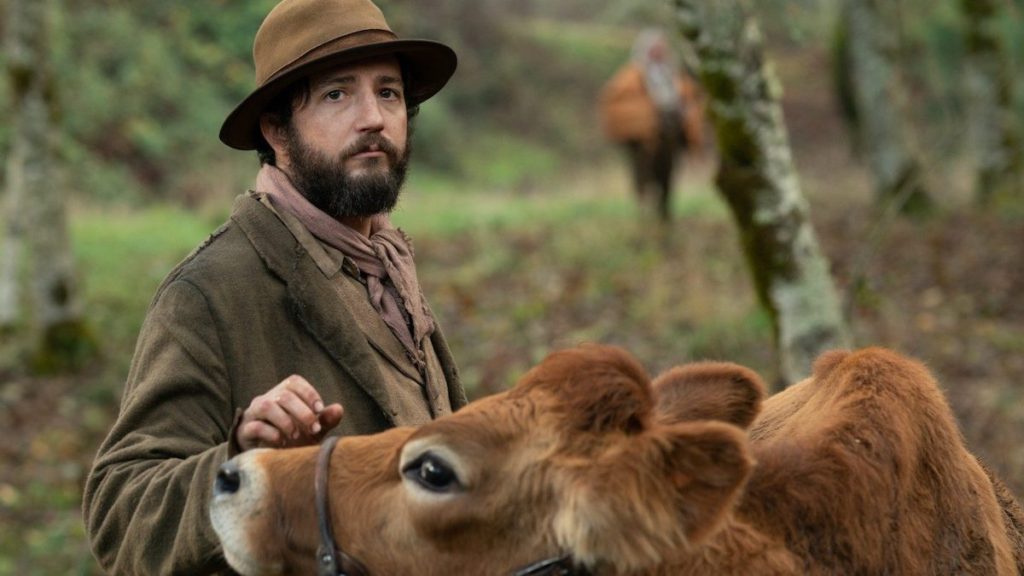Since I’m new here at InSession Film, I wanted to introduce myself. My name is Joey Gentile and I’m OBSESSED with actress’. If you’ve read first piece on The Deer Hunter then you’ll know that I’m gay, and while it’s not my main focus in life (to rely on being gay), I reference it in my writing because it helps articulate many of my views. And in this case, it helps explain why I’m obsessed with actress’ in films, as women and gay men go together like Glenn Close and losing Oscars. They go hand in hand. Gay men are huge in championing women and vice versa, so I will always stick to my guns for my gals.
So, let’s talk about one of my favorites and why she’s so underrated and underused in Hollywood. And why she needs to be cast in everything and anything under the sun that is high profile. I’m talking about Academy Award Nominee Jennifer Tilly (1994, Supporting Actress, Bullets Over Broadway). For the love of Christ, please cast this amazing woman in every project. Let me start with who she is and where we are in a society that is extremely underappreciated of her talent.
Jennifer Tilly first began acting in the 80’s in smaller supporting roles that over the years became cult classics, such as Moving Violations and No Small Affair. It wasn’t until the late 80’s when Hollywood (kind of?) took notice with roles in The Fabulous Baker Boys and Johnny Be Good. It wouldn’t be until 1994 when a film by the title of Bullets Over Broadway came to be when Hollywood would really notice her. At this point, Jennifer was known but wasn’t considered “A-list.” That year she took a page from the likes of Sally Kirkland, Penelope Milford, Candy Clark, and Margaret Avery and started her own Oscar campaign for Bullets (for those of you who don’t know the ins and outs of Oscar campaigning, it’s usually the studio that sends out “FOR YOUR CONSIDERATION” ads for categories to all the major voting bodies. Jennifer wasn’t even considered by the Weinsteins as a possibility). She took ads out in Variety on her own dime and really put forth the effort to be noticed, hitting all the talk shows to promote the film and being introduced on said shows with the term “Oscar Buzz”. If you’ve ever seen the film, Jennifer plays a woman named Olive, who is the prime example of “nepotism at its finest,” as she is the girlfriend of a mobster who wants to desperately become an actress (despite the fact that she can’t act her way out of a paper bag). In the film, Olive is eventually made the lead of a play when a deal was struck. What ensues is hilarity at its finest with a loud and obnoxious character that only Jennifer could have played. Do you know how hard it is to play a bad actor? Extremely hard. As a competent actress, you have to literally throw everything you know out the window, and that’s exactly what Jennifer did.
When it came to be nominated that year she didn’t receive any precursor awards. So, no Golden Globe, SAG, or BAFTA nominations (which is irksome). Her category included Helen Mirren (The Madness of King George), Uma Thurman (Pulp Fiction), Rosemary Harris (Tom & Viv), and her Bullets Over Broadway co-star Dianne Wiest, who eventually won the award. It’s not uncommon for two actors in the same film to be in the same category at the Oscars. Nor is it uncommon for one to win over the other. We’ve seen it happen many times in the past, but this is one of those wins that despite my love for Dianne Wiest, the Academy really screwed up here. Yes, both ladies are in supporting roles here (Dianne has a screentime of 27:01 to Jennifer’s screen time of 26:38), but Dianne is essentially playing Norma Desmond in Sunset Blvd, a role that we’ve seen before. And while she is very good (she’s my runner up that year), Jennifer’s portrayal of Olive is the prime definition of “if you do comedy right, you deserve it”.
Post Oscar nomination, Jennifer followed up with films like Embrace of the Vampire, House Arrest, and Liar, Liar, but she got her first real taste of being the leading lady in 1996’s Bound (take note that by 1996 Jennifer had already been in the business for 13 years…13 years and an Oscar nomination to finally get what she deserved). Following that she took on Bride of Chucky, a film that combined her leading star power and her signature voice acting. She would go back to leading star roles in the criminally underseen Goosed and the ensemble driven Dancing at the Blue Iguana. In the mid 00’s, we saw Jennifer in films ranging from The Haunted Mansion to The Cat’s Meow, all while maintaining voice over work in Monsters, Inc and the TV show Family Guy. She was great in all of those roles, but let’s focus on 2004 for a moment. In Seed of Chucky, Jennifer played a dramatized version of herself (to this day I roll with laughter when she spouts the line “I’m watching Bound on TV, that’s just Gina Gershon fingering me”), and it’s noteworthy because it’s the last big studio release that she was in…in 2004…it’s 2020 – what is wrong with this picture?
There is something to be said about the state of Hollywood and the lack of roles for anyone who isn’t Meryl Streep. Jennifer, despite being born in the US, is Chinese-Canadian by heritage, and she is only the fourth actress of Asian descent to be an Oscar nominee (Merle Oberon, Miyoshi Umeki, and her sister Meg Tilly came before her). But Jennifer wasn’t a fan of being boxed in as “the Asian best friend” role in Hollywoo. She truly fought for her path. The biggest thing working against her is Hollywood itself because there aren’t roles being written for women over a certain, age and who are anything but white. Most of them are working in TV as film roles simply aren’t available. The only time a woman of color seems to be able to get leading roles in film work is when it comes to the old fashioned biopic. This is why many are calling out Hollywood when it comes to stories and representation. Jennifer never really focused on playing the Asian roles either, other than in Empire of Silver. So, in between roles, she was making a name for herself in professional poker and voice over work. While she has returned to the Chucky franchise, the last two installments went straight to video, therefore she still isn’t being seen on a movie screen.
Jennifer has proven time and time again that she can play comedy, drama, horror and the period piece. Why is she not being offered scripts that are worthy of her talents? I’m not even her and I’m frustrated with this, so I can only imagine what it is like for her and it probably doesn’t feel too good. Just off hand, in the last few years alone, I could have seen her in films like The Hateful Eight, Gravity, Oceans 8, Chef, and so many more. And don’t get started on where she could be when it comes to TV in shows like American Horror Story, Pose, Dead to Me and countless others.
So where do we go from here? Well, it all comes down to the writing and what jobs are going to be available. You may be reading this and thinking that there’s nothing you can do, but there is something you can do, actually. When Jennifer comes out with a new film, go see it. Rent it. Buy it. Every time you hit play on your TV, or swipe your credit cart at RedBox, you’re voting with your dollars, which studios take notice of when it comes to making decisions. If Jennifer’s films are being watched, it’s going to be noticed by the powers to be and she will no doubt get more offers.
I was very lucky to have the opportunity to sit down with her sister Meg on my podcast, The Academy Queens, with my amazing partner (and fellow InSession Film writer) Brandon Stanwyck. We really got to know Meg in a whole new light, as herself and not just the actress Meg Tilly, and we would love to have Jennifer on one day as well. When I moved to LA, I promised myself I would one day have a drink with three people – Jane Fonda, Jacki Weaver, and Jennifer Tilly. I may never have that opportunity, but that’s okay, because I’ll always have the ability to write about her brilliance and champion her for the rest of my life. I urge all of you to see Bullets Over Broadway if you haven’t already, as well as the rest of her filmography. Let’s rally around her, see her films, follow her on social media, make ourselves loud, and be proud to stan such a wonderful actress.
This is the first of what I hope is many stories written on the women I adore in this business. I hope you enjoyed it and I’ll see you at the movies!



